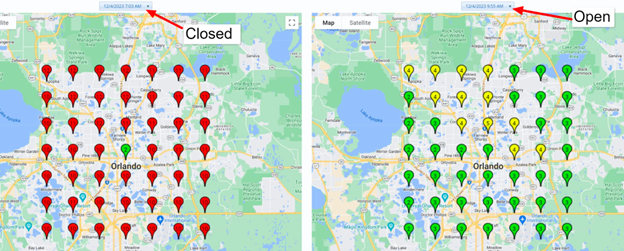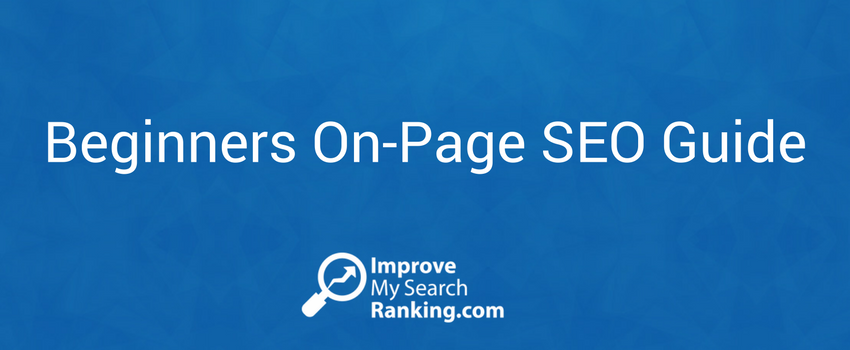
Open business hours affect search visibility, confirms Google
In the dynamic world of search engine optimization, Google’s algorithms continually evolves, shaping the way businesses appear in local search results and maps.
A recent revelation from Google has placed the spotlight on “openness” — specifically, the hours of operation a business lists — as a pivotal factor influencing its visibility in local searches.
SEO professionals have noted a significant change in Google’s local search algorithm, particularly following the November 2023 core update. Joy Hawkins, a prominent figure at Sterling Sky, was among the first to identify this trend. She observed that businesses marked as closed are now less visible in local search results. On December 7, 2023, Hawkins tweeted:
“😱Well the news is out, the new ranking factor we are seeing that has a massive impact on ranking is HOURS. We’re seeing that businesses literally vanish in the local pack when they are not open. We started seeing this with the November 2023 core update. This is also making temporarily closed listings not rank.”

This insight underscores the growing importance of accurately listing business hours on digital platforms.
Google’s stance on ‘Openness’ in local ranking
Responding to these observations, Google’s Search Liaison confirmed the increased significance of “openness” in local search algorithms.
They explained that while “openness” has always been a part of the local ranking system, its influence has intensified for non-navigational queries. This change reflects Google’s commitment to delivering the most relevant and useful information to users, although the specifics of this signal may evolve over time.
“The team tells me we’ve long used “openness” as part of our local ranking systems, and it recently became a stronger signal for non-navigational queries. This might change in various ways, as we continue to evaluate the usefulness of it, however.”
However, it’s crucial to note that this change predominantly affects non-navigational queries. For direct searches for a specific business, the impact of “openness” might be less pronounced.
“If you were searching for a name of a business, that would generally be that you wanted to navigate / find that particular business. If you were searching for a general topic, that’s non-navigational.”
Potential for fake listings?
During a discussion on X, Sherry Bonelli raised concerns about businesses potentially listing false 24/7 hours to boost their visibility. This practice could lead to a poor user experience, as customers might find businesses closed when they’re expected to be open.
Google promptly addressed these concerns, advising against manipulating business hours. Not only could this result in a poor customer experience, but it could also trigger ongoing adjustments in ranking signals and potential penalties, including suspension emails from Google.
Takeaways for local businesses looking to improve search visibility
For local businesses, the message is clear: keeping Google Business Profiles up-to-date with current operating hours is not just a matter of accuracy; it’s a strategic necessity.
During peak seasons like the holidays, accurate operational hours are particularly crucial. They minimize customer frustration and can enhance visibility in local pack rankings. Accurate hours also offer a competitive edge, especially when rival businesses might be closed.
However, Google also cautioned against fake listings as that could lead to penalties in search engines and suspensions.
Conclusion
In summary, as Google continues to refine its local search algorithms, the importance of transparency and accuracy in business listings has never been more critical. By ensuring that operational hours are current and reflective of actual business practices, local businesses can improve their search visibility and provide a better experience for customers looking for their services.








